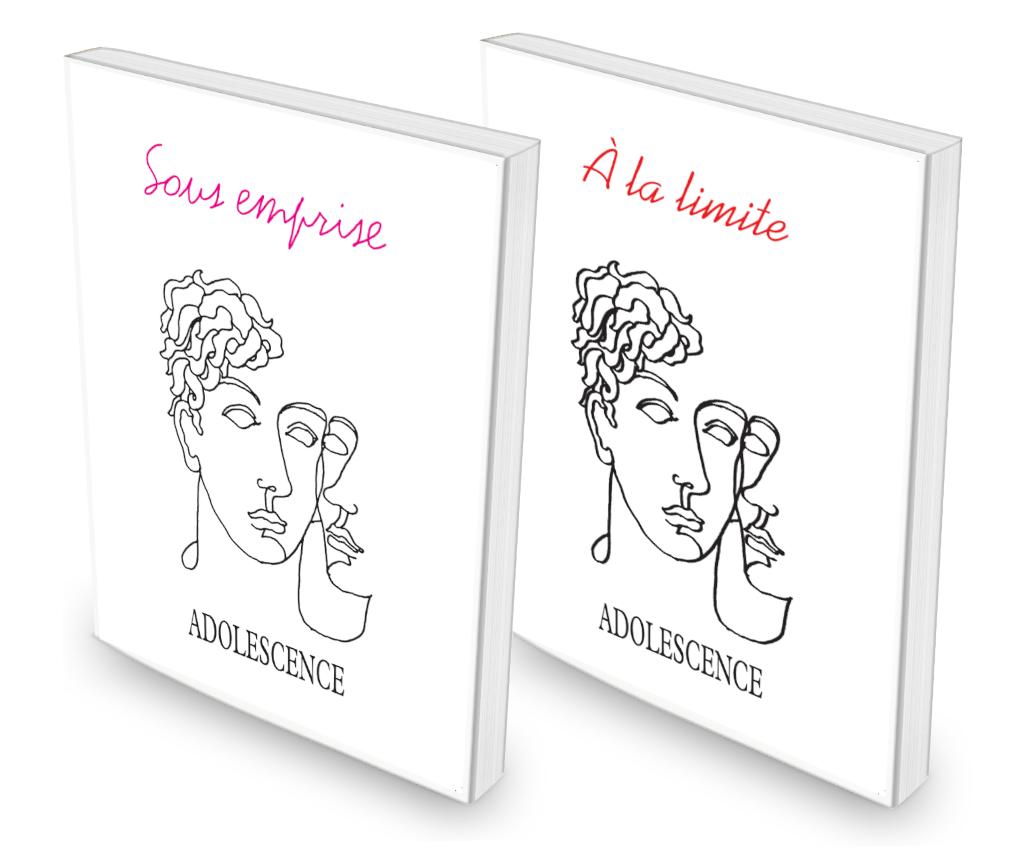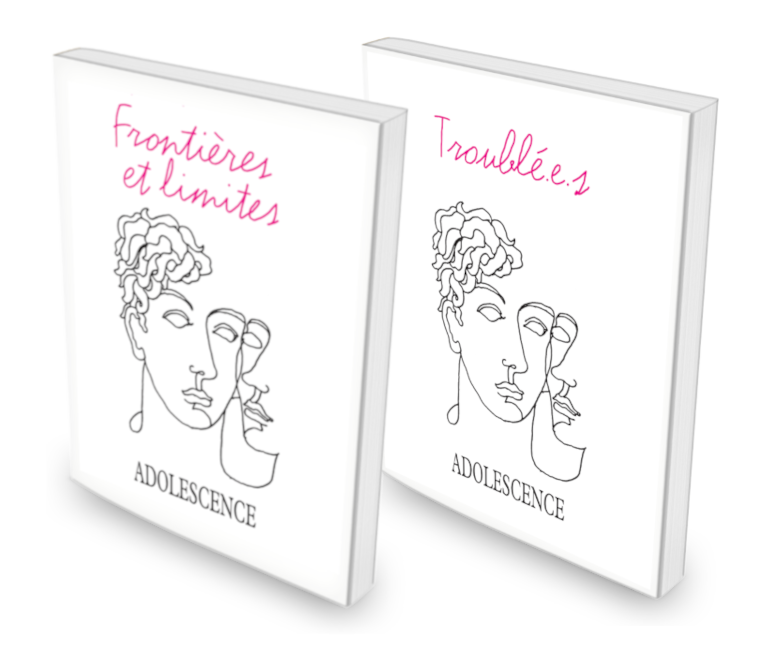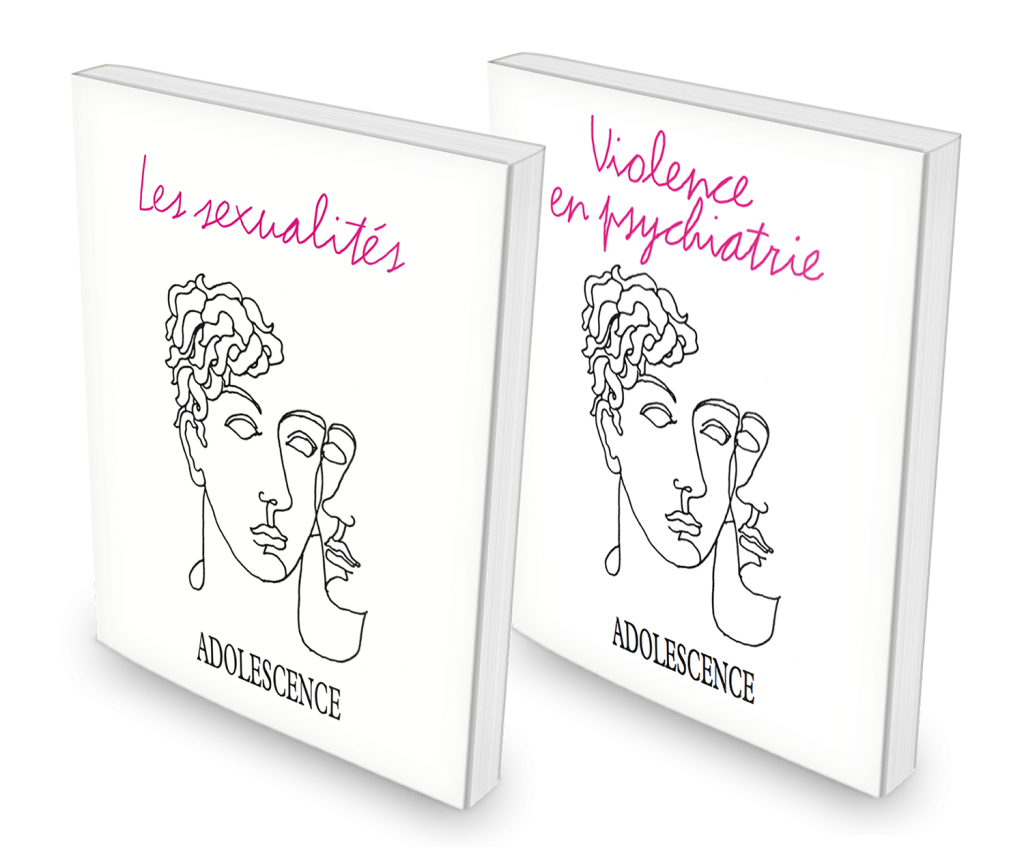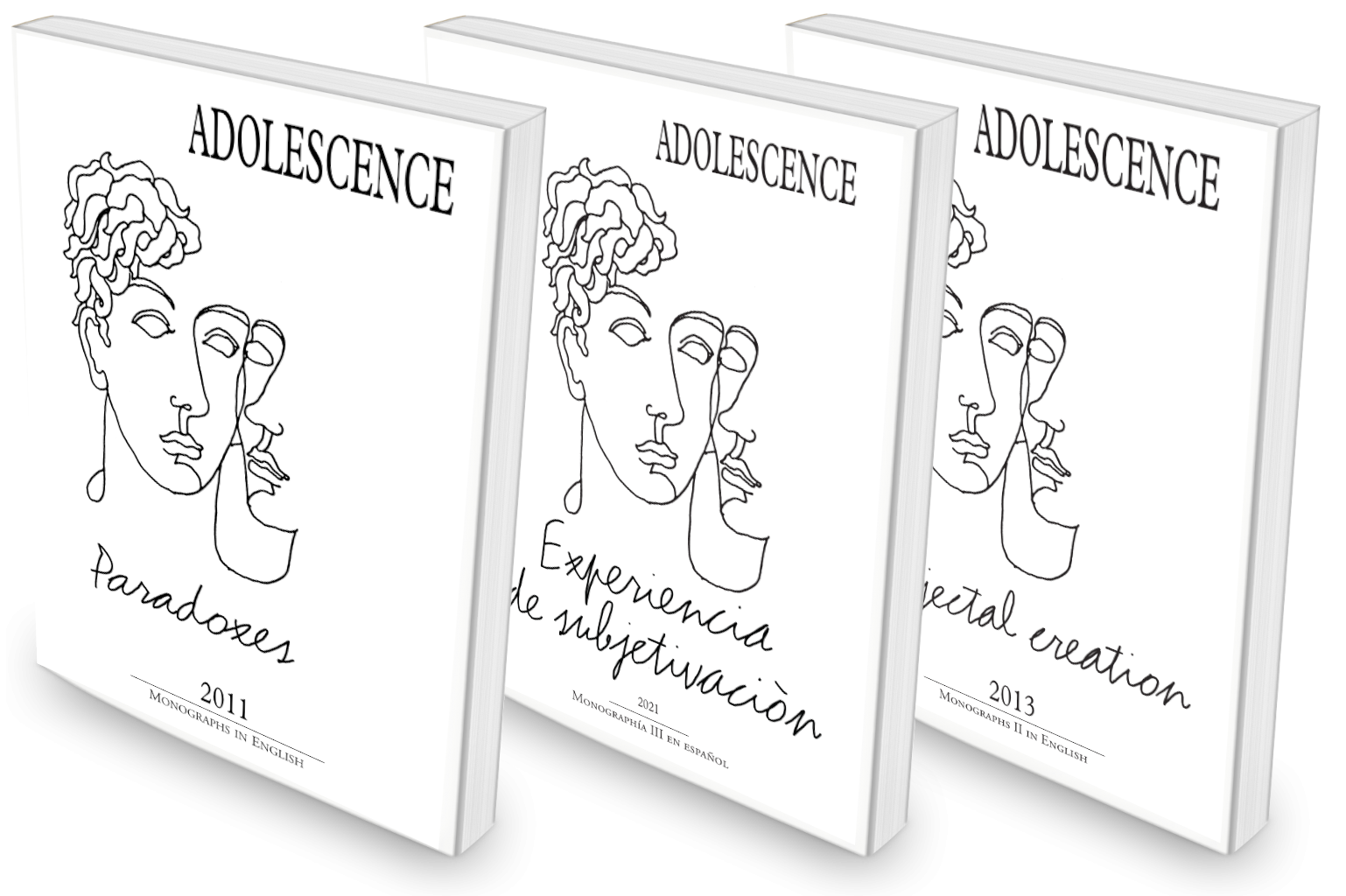Vidéo : Entretien Laurence Kahn – L’avenir d’un silence
Vidéos : Entretien Isée Bernateau – L’éco-anxiété : entre angoisse et lucidité.

Isée Bernateau, co-directrice de la revue Adolescecence
Entretien avec Cécile Guéret
En collaboration avec Le Carnet PSY
Comment comprendre la destructivité de l’espèce humaine à l’égard de la Terre ? Comment qualifier la perte que nous éprouvons à voir notre habitat détruit ? Pourquoi les adolescent(e)s sont-ils particulièrement affecté(e)s et angoissé(e)s face à l’inaction climatique ? Cette rencontre s’interroge sur les effets psychiques de la menace environnementale en la mettant en lien avec l’importance des lieux et des ancrages dans la vie psychique. Elle vise à explorer les ressorts inconscients d’un déni collectif, produisant des réactions variables sur un continuum qui va de l’angoisse à la colère
Isée Bernateau est professeure de psychologie clinique et de psychopathologie à l’Université Paris Cité. Elle est psychanalyste (APF) et a publié de nombreux articles sur le vécu des adolescents face à la menace climatique.
Vidéos ci-dessous :
Extrait 1
Extrait 2
Extrait 3
La vidéo en intégralité sur le site cairn.info est disponible ici.
Tout 2024 – T.42 n°1 et 2
Sous emprise – À la limite
Sommaire du numéro Sous emprise T.42 n°1
Sommaire du numéro À la limite T.42 n°2
Tout 2023 – T.41 n°1 et 2
Cloîtré – Binaires / Non-Binaires
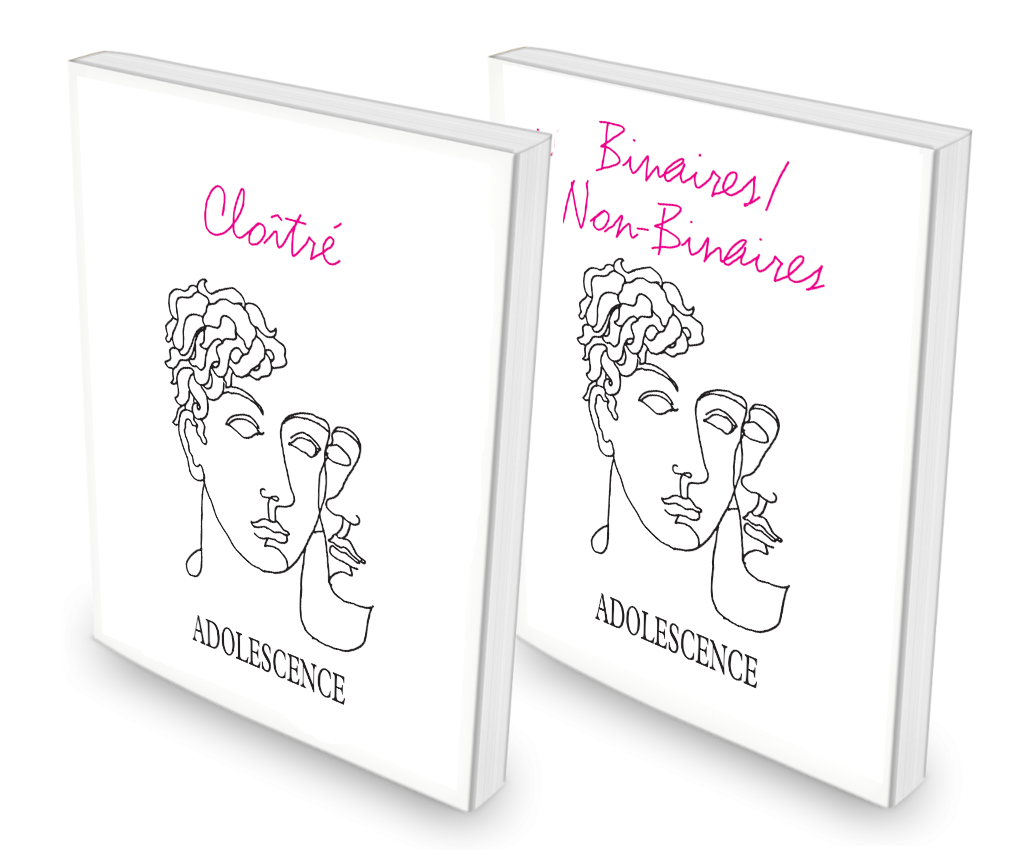
Sommaire du numéro Cloîtré T.41 n°1
Sommaire du numéro Binaires / Non-Binaires T.41 n°2
Tout 2022 – T.40 n°1 et 2
Agressions, toujours sexuelles ? – En réseau
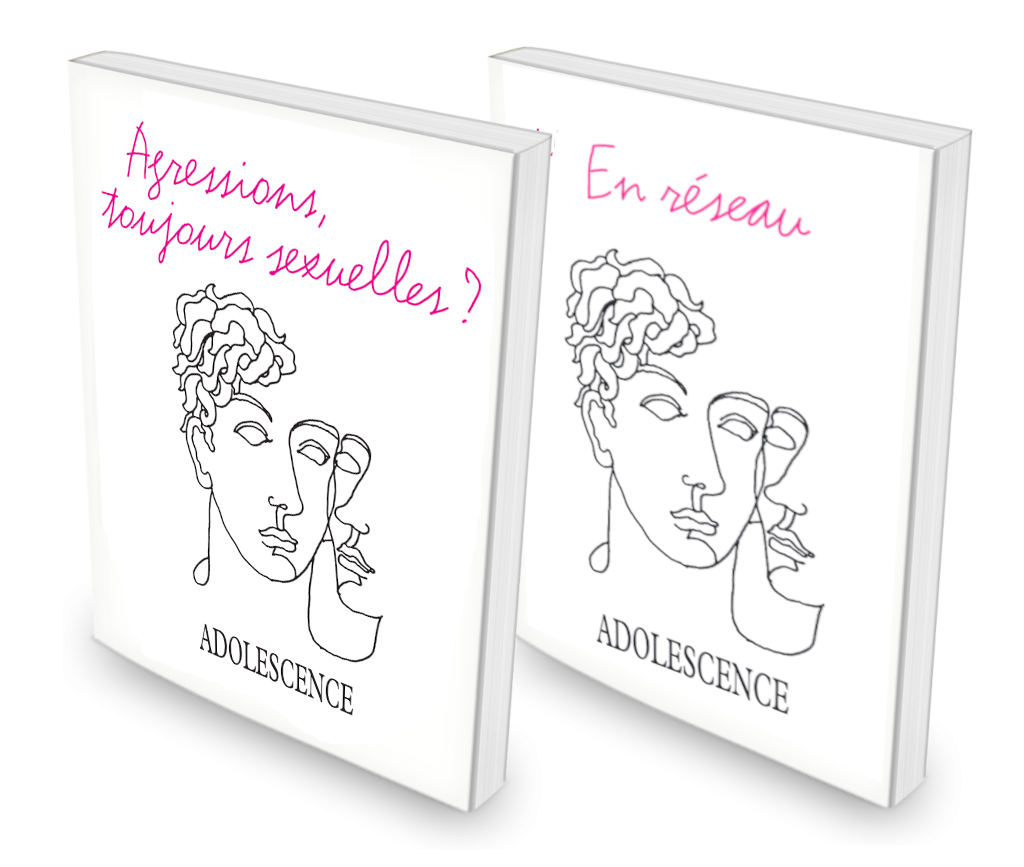
Sommaire du numéro Agressions, toujours sexuelles ? T.40 n°1
Sommaire du numéro En réseau T.40 n°2
Tout 2021 – T.39 n°1 et 2
Sauver la planète – Les incasables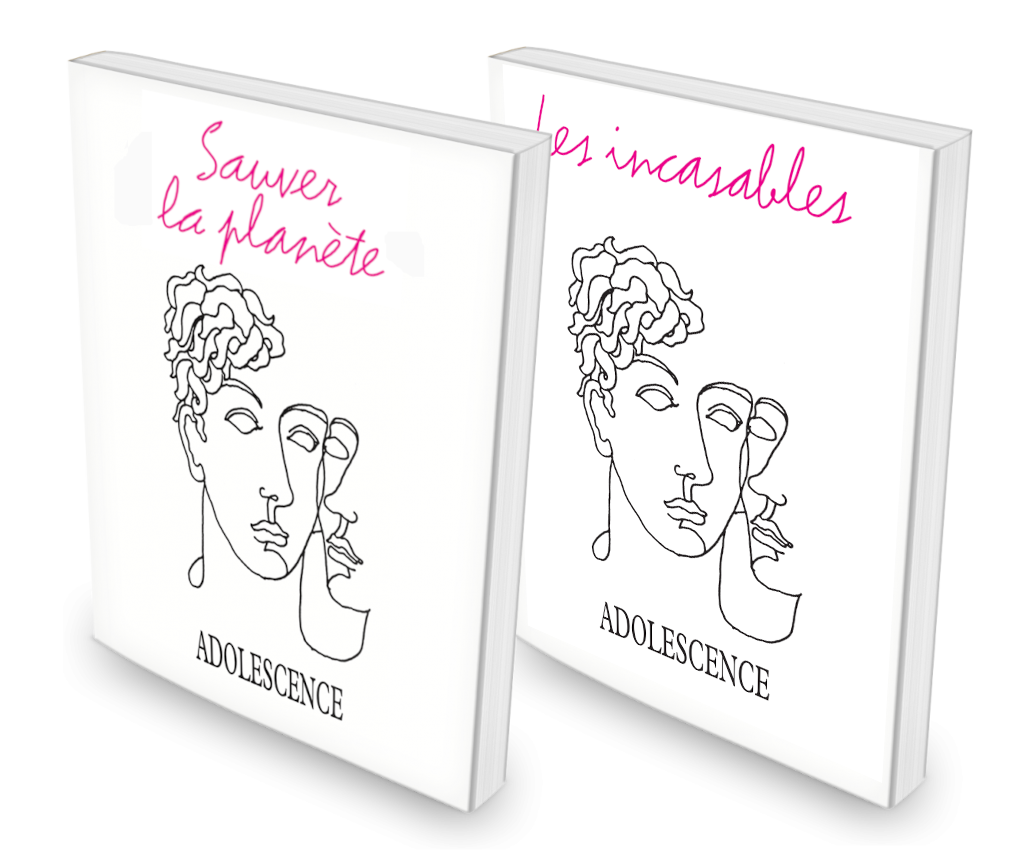
Sommaire du numéro Sauver la planète T.39 n°1
Sommaire du numéro Les incasables T.39 n°2
Monographies de la revue
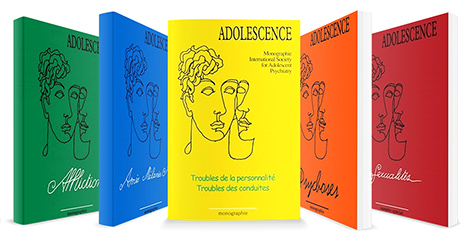 Les monographies Affliction, Après Mélanie Klein, Troubles de la personnalité – Troubles des conduites, Psychoses et Sexualités sont disponibles.
Les monographies Affliction, Après Mélanie Klein, Troubles de la personnalité – Troubles des conduites, Psychoses et Sexualités sont disponibles.
